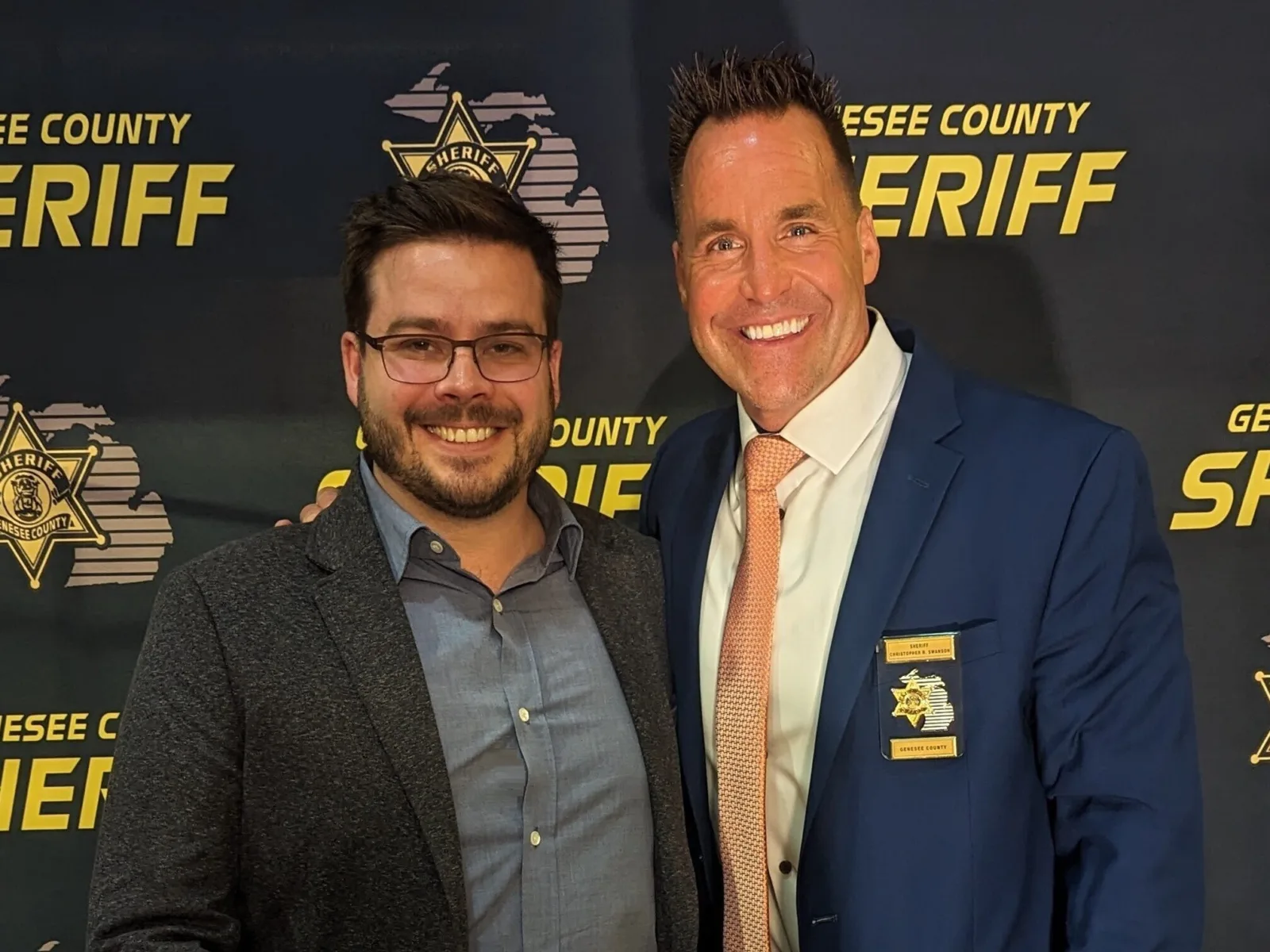One year ago, in June 2022, the Supreme Court issued a ruling in the case of New York State Rifle & Pistol Association, Inc. v. Bruen. The majority in that 6 – 3 case invalidated New York’s century-old concealed-carry law and introduced a new historical analog standard for evaluating modern gun regulations. In the wake of this momentous ruling, there has been significant uncertainty amongst lawmakers, courts, and advocates about what gun policies are, or could be, constitutional. At the same time, the number of people killed by guns in the United States is approaching 50,000 per year.
In order to address this uncertainty, and to mark the one-year anniversary of the Bruen decision, AV has partnered with the Duke Center for Firearms Law to produce a new policy primer on the Bruen decision and what it means for gun regulations and policies. The primer contains key facts, resources, and recommendations alongside a Q&A with the Center’s co-directors Joseph Blocher and Darrell A.H. Miller.
The primer is designed to address and dispel some of the myths and misconceptions about gun policy that have arisen over the past year since the Bruen decision. For instance, some lawmakers and courts have interpreted the decision as requiring a direct historical “twin” for a modern gun regulation to be deemed constitutional.
However, in reality the Court was clear that contemporary gun laws do not need an exact and direct historical precedent. Rather, they need to be grounded in an analogy to historical regulation – and even then there is room for a nuanced approach. “To be clear, even if a modern-day regulation is not a dead ringer for historical precursors, it still may be analogous enough to pass constitutional muster,” the Bruen decision states.
The primer also provides recommendations on how policymakers and advocates might advance gun policy in a way that is consistent with the Second Amendment under Bruen. One recommendation is that policymakers make explicit connections to historical analogs in their legislative text. To assist policymakers who are interested in including such language – and navigating the Supreme Court’s new historical analog standard more generally – the Duke Center for Firearms Law maintains a searchable “Repository of Historical Gun Laws” with more than 1,800 categorized laws going back to the medieval era in England.























